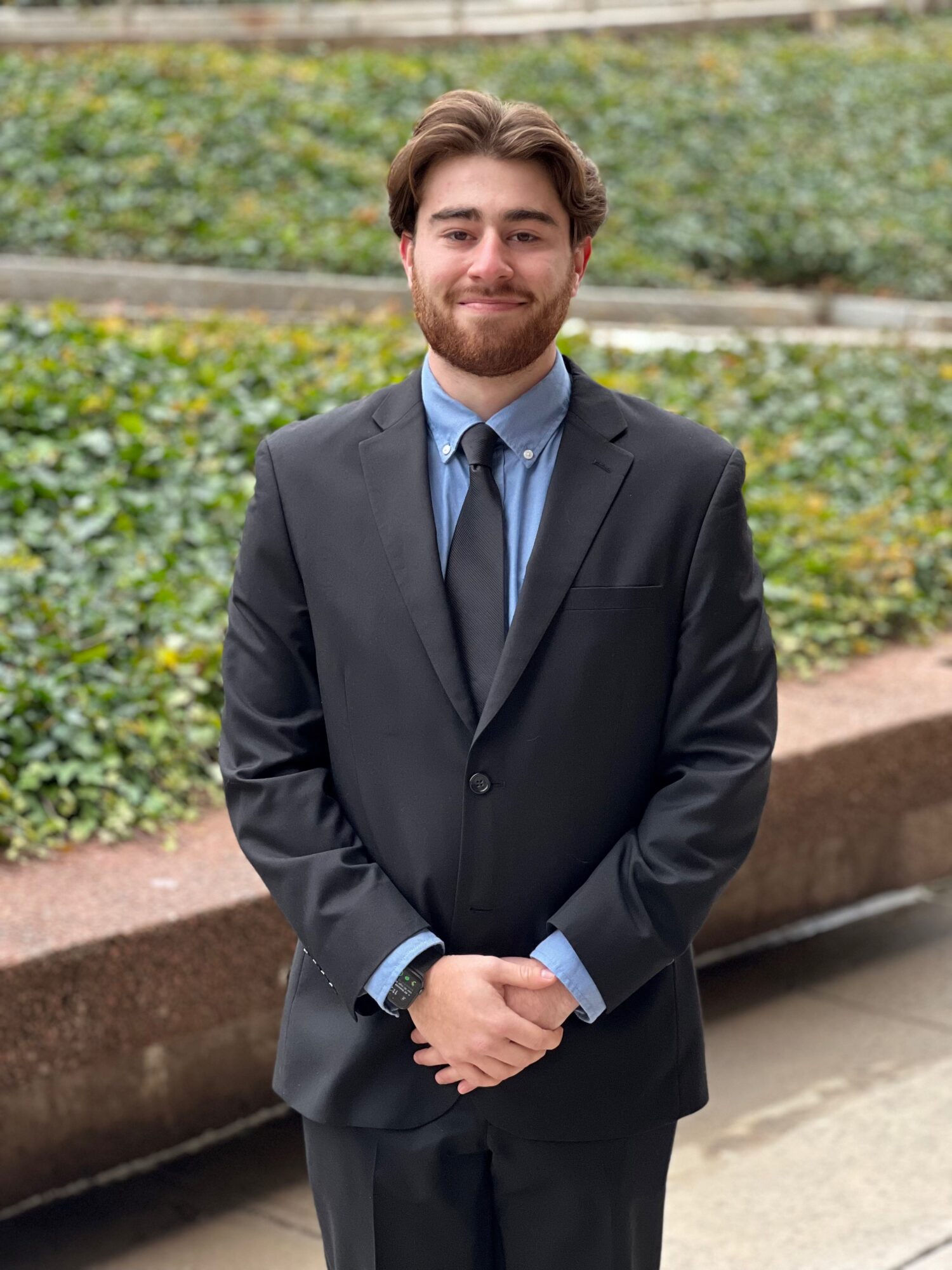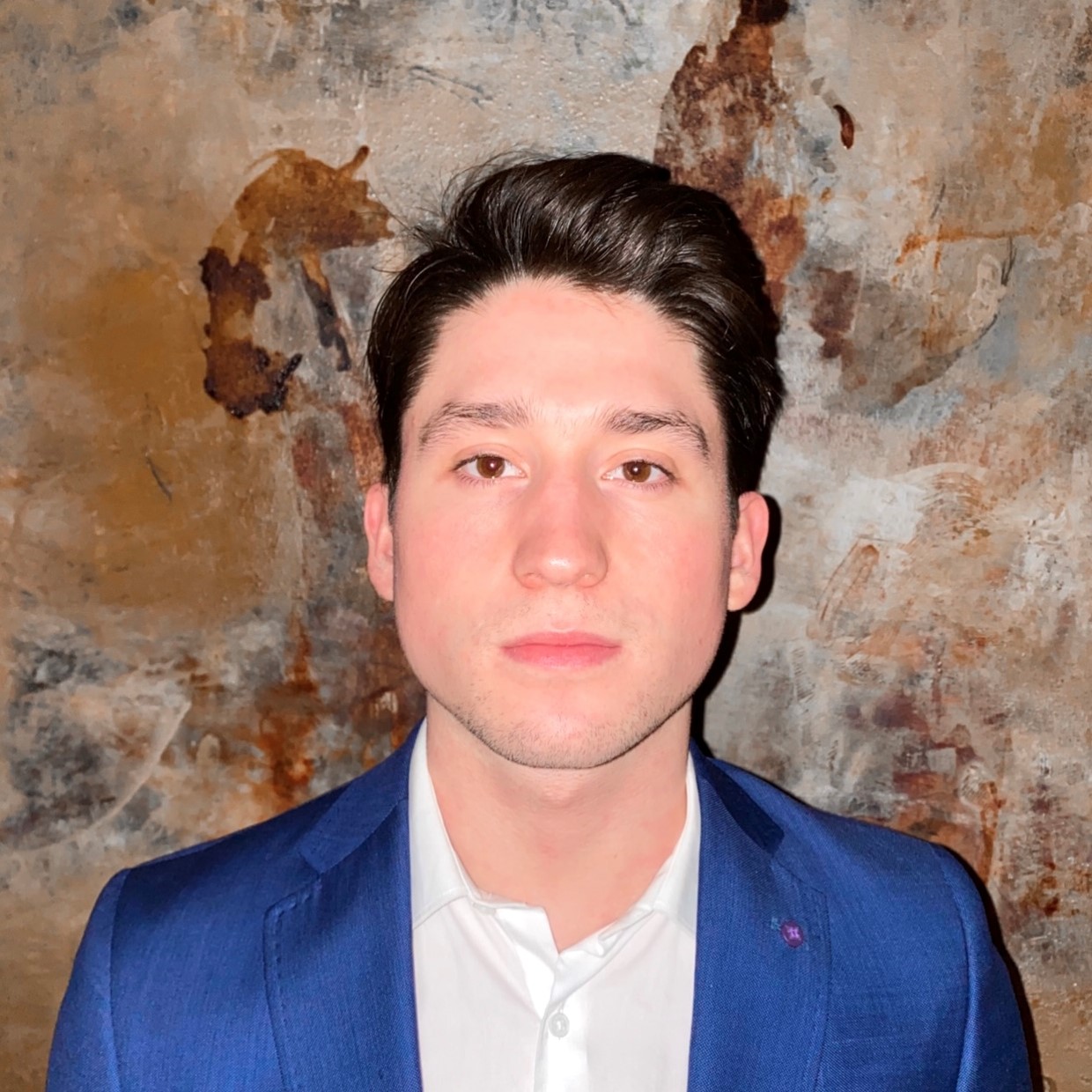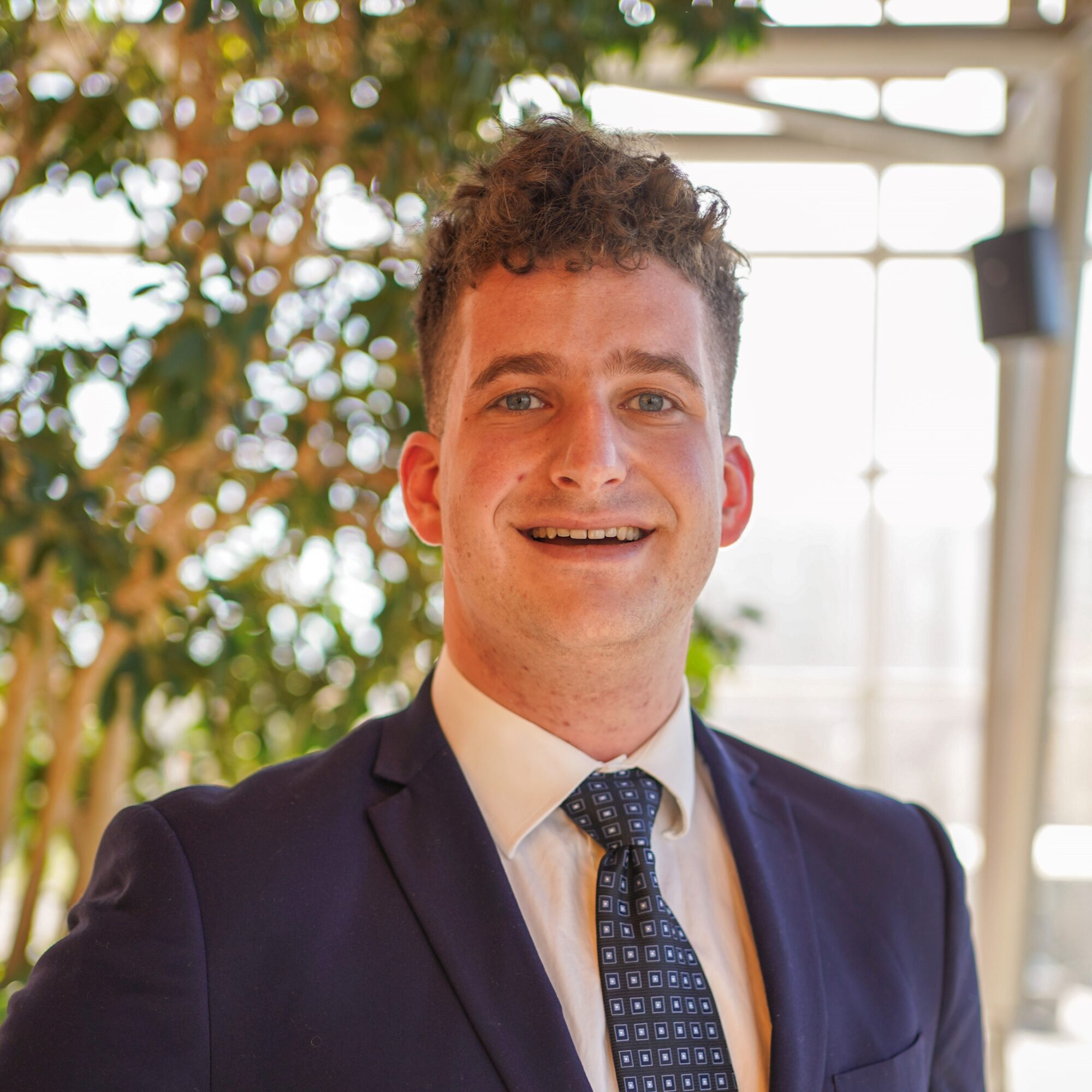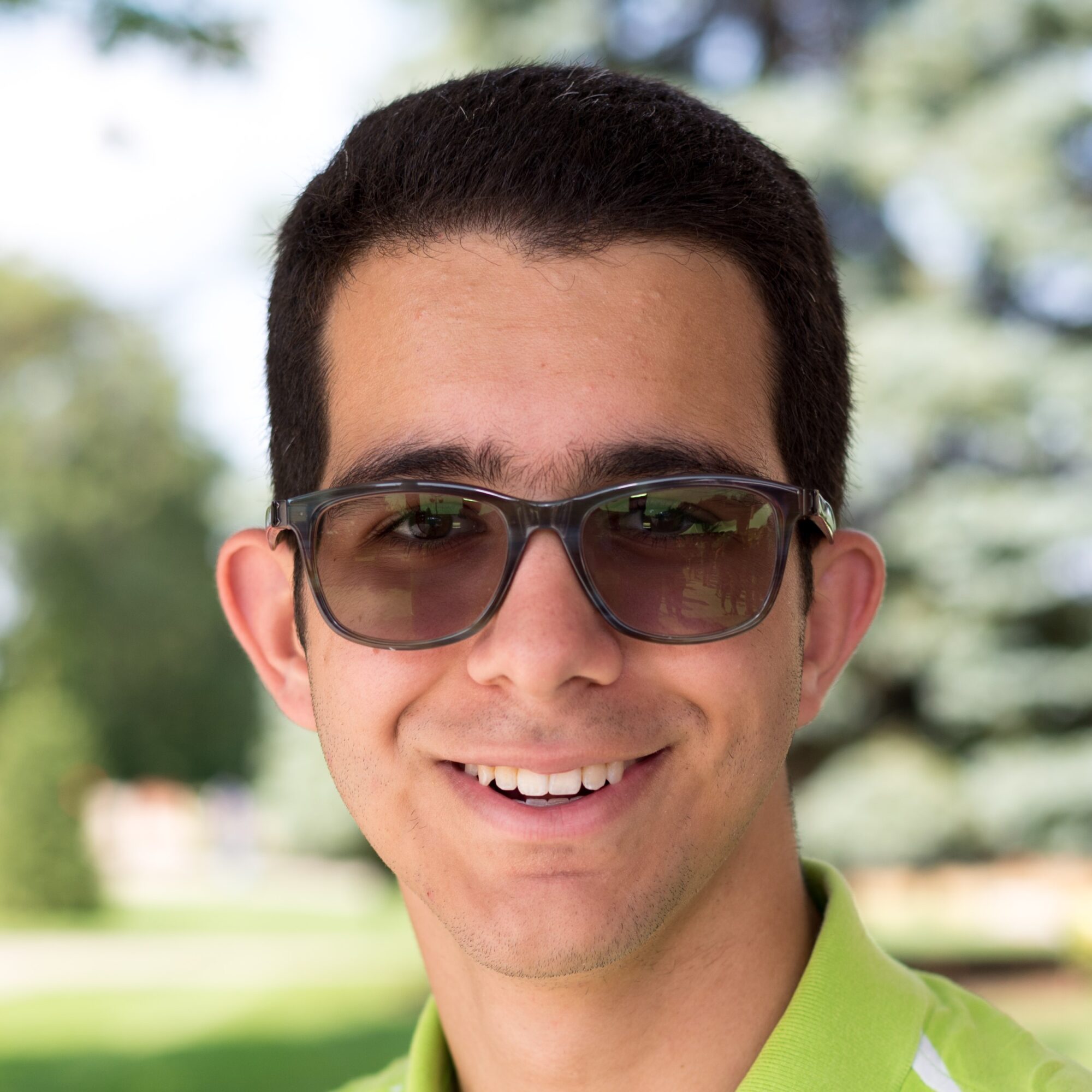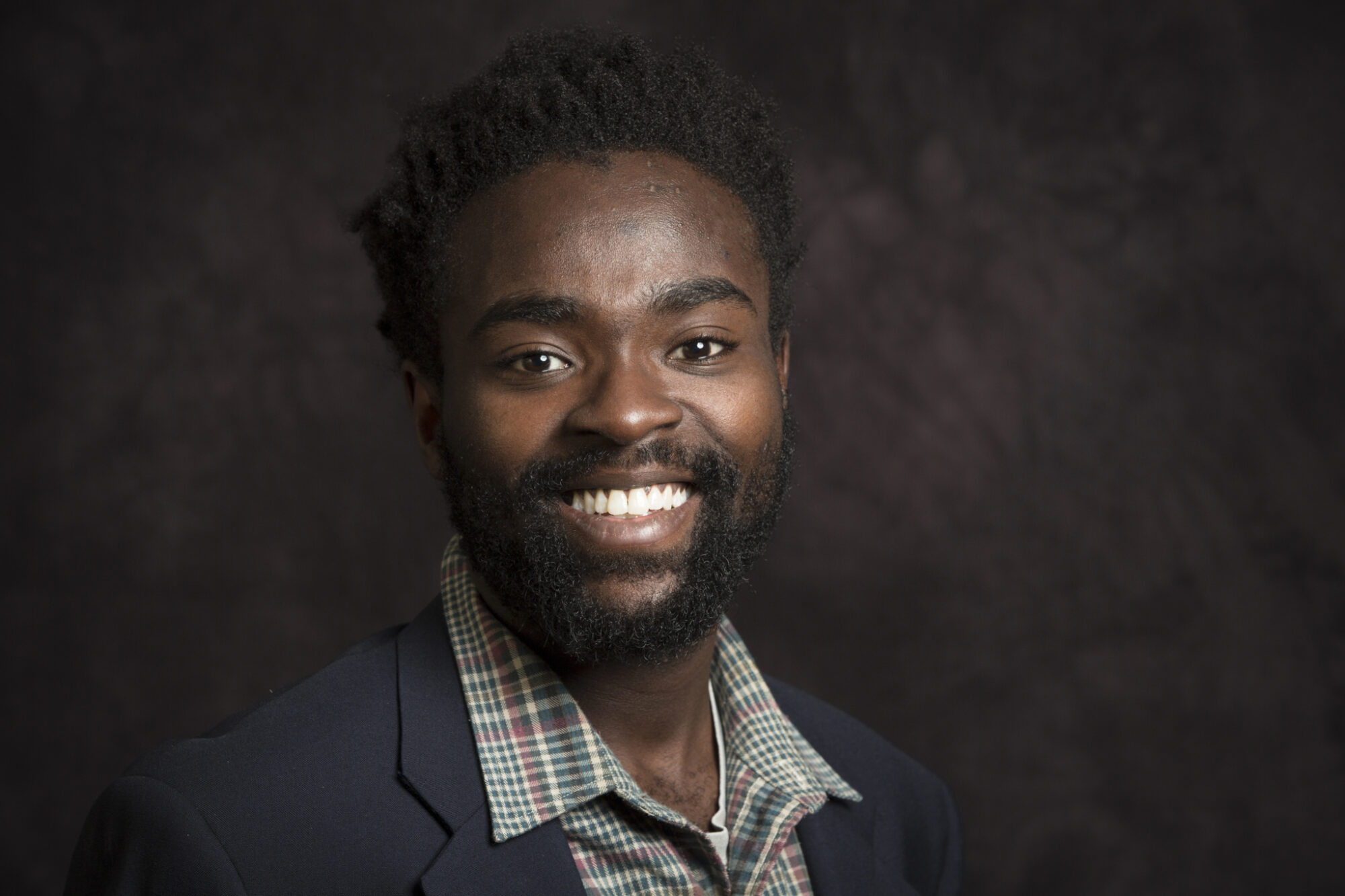
In Ghana, a family uses noxious diesel generators to power their home and charcoal to light their ovens and stoves. Clean energy is utterly lacking in many parts of the world. Kwaku Jyamfi ’18, who majored in chemical engineering at the College of Engineering & Computer Science, hopes to change that. He co-founded Farm to Flame Energy with Will McKnight ‘18, a graduate College of Arts and Sciences and the Maxwell School of Citizenship and Public Affairs. Starting as a student venture, the company has gone on to launch and is now scaling production of smokeless and odorless biomass-powered generators for use in communities around the globe.
Jyamfi’s passion for creating an environmentally conscious generator stems from his own experience and family background. Much of Jyamfi’s family is from Ghana, and he’s witnessed firsthand the reliance on diesel generators and charcoal. “Charcoal has a lot of particle matter that’s bad, and then the kids take that in,” he said. The use of charcoal to cook in kitchens or diesel generators for over 8 hours a day is not just an environmental problem, it’s also a public health problem.
When McKnight, who is a friend of Jyamfi’s, told him his grandfather had designed a combustion process for biomass that burns odorless and smokeless, Jyamfi was immediately intrigued. Together, they began working on the patented idea, created a business model for Farm to Flame Energy and began pitching in business campus competitions, winning some initial seed funding for the idea during their studies at Syracuse University. The team incubated in the LaunchPad and worked with mentors from both the LaunchPad and the SyracuseCoE.
After Jyamfi graduated, he spent a summer working tirelessly at the Technology Garden in downtown Syracuse to design Farm to Flame Energy’s generators. The team hired several students studying mechanical engineering to assist them in the technological development of the generator. After a series of 60-hour weeks and tireless devotion, Jyamfi and his team created their model of the generator that successfully powered buildings while remaining carbon neutral.
Development of the company was made more complicated when Jyamfi moved on to graduate study at Carnegie Mellon University to get his degree in Environmental Engineering and Technology Innovation Management. In an entirely different city away from his team, Jyamfi worked full time on Farm to Flame Energy on development and investment while completing his graduate studies, showing his level of passion and dedication to the company. During quarantine he even built a small demonstrative generator on his porch, using the time and isolation to propel the company’s growth.
Farm to Flame Energy’s most pivotal growth came on a trip to Nigeria they took in the first semester of developing the company. They visited a hospital powered by diesel generators, which cost approximately 2 million US dollars per year. During that visit, they wrote the hospital a letter of intent promising that with their generators, their hospital could be powered sustainably for a cost of only 1.2 million US dollars per year. After the COVID-19 pandemic, Jyamfi and his team traveled back to Nigeria in 2021 and turned that letter of intent into a contract. They delivered their first commercial generator to that hospital in 2021 and have then since been developing more commercial generators with the ability to power commercial buildings using carbon neutral, clean energy.
Today Jyamfi works full time as the CEO of Farm to Flame Energy, finding investments and markets to turn their successful model of a commercial carbon neutral generator into a company that powers commercial buildings all around the world. His path from an engineering student with an idea to the CEO of a company that has developed and implemented a technologically successfully clean energy power source speaks to the large-scale positive contribution every person can make with just an idea.
Story by Claire Howard ’23, Global Fellow; photo supplied


